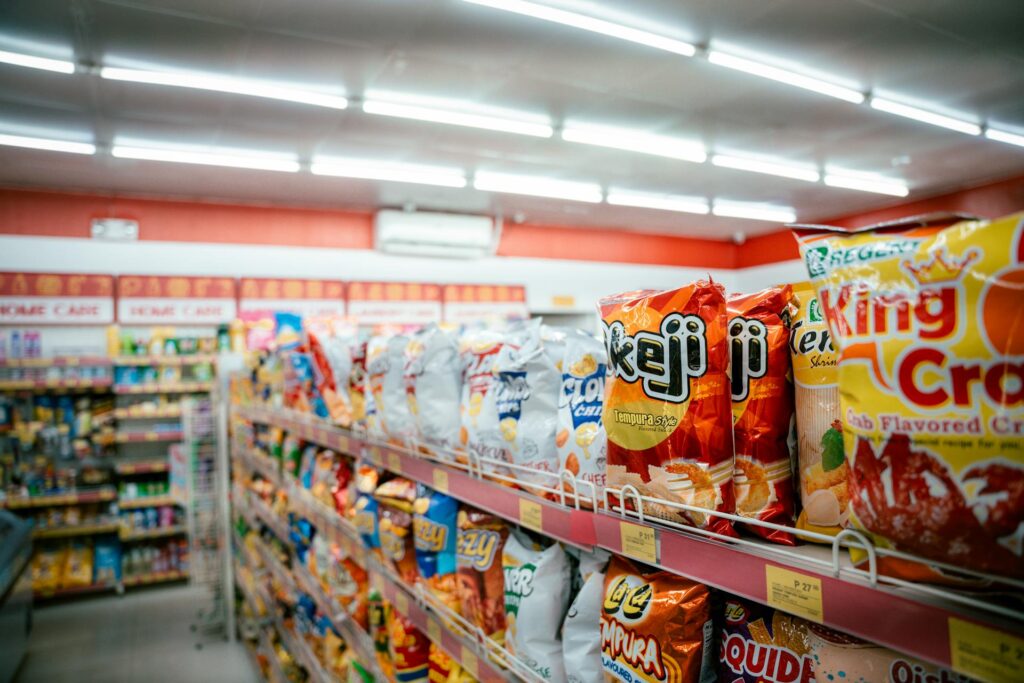Understanding the Retailers and Wholesale Difference: A Complete Guide
In today’s competitive business environment, understanding the retailers and wholesale difference is essential for anyone involved in selling or distributing products. Whether you are an entrepreneur, a business student, or simply curious about how goods move from manufacturers to your hands, knowing this difference can significantly influence your business strategy. This guide will explain the distinct roles of wholesalers and retailers, why this difference matters, and how modern trends like Instagram and affiliate marketing are transforming retail. Additionally, we’ll explore how the top retail stores in the UK use this knowledge to succeed in a challenging market.
What Is the Retailers and Wholesale Difference?
At its core, the retailers and wholesale difference lies in who sells the products and to whom. Wholesalers purchase large quantities of goods directly from manufacturers. They specialize in buying bulk and selling products in large volumes, typically to retailers or other businesses. Wholesalers focus on storage, logistics, and distribution, acting as a bridge between manufacturers and retailers.
Retailers, on the other hand, buy products from wholesalers or directly from manufacturers but in smaller quantities. They then sell these products to the end consumers. Retailers operate physical or online stores where customers purchase items for personal use. Unlike wholesalers, retailers focus heavily on marketing, customer experience, and product variety.
Understanding this fundamental difference helps clarify the distinct roles each plays in the supply chain and how they operate within the marketplace.
The Role of Wholesalers in the Supply Chain
Wholesalers play a vital role by purchasing goods in bulk and breaking them down into manageable quantities for retailers. Their primary responsibilities include managing large inventories, ensuring timely delivery, and offering volume discounts that benefit retailers. Because wholesalers buy directly from manufacturers, they enjoy lower prices per unit, which allows retailers to buy stock at competitive rates without needing to purchase large volumes themselves.
This model is especially helpful for smaller retailers or those who cannot afford the storage space or capital to buy in bulk. Wholesalers also manage risks such as unsold stock and handle logistical challenges, which frees up retailers to focus on sales and customer service.
Retailers: The Final Link to Consumers

Retailers bring products directly to consumers through various channels, including brick-and-mortar stores and online platforms. They typically buy from wholesalers in smaller quantities to maintain manageable inventory levels and reduce upfront costs. Retailers invest heavily in marketing and customer engagement, aiming to create an enjoyable shopping experience.
Retailers also add value by offering personalized service, convenience, and product variety that wholesalers do not provide. Their pricing strategy usually includes a markup to cover operational costs and profit margins. The ability to quickly respond to consumer trends and preferences is a key advantage retailers hold in the market.
Why Understanding the Difference Is Critical for Business Strategy
Knowing the retailers and wholesale difference helps businesses decide their position in the supply chain and craft appropriate strategies. For instance, if your goal is to sell products in large quantities to other businesses, acting as a wholesaler might be your best path. If you want to build a brand and connect directly with consumers, becoming a retailer is more suitable.
This distinction affects pricing, marketing, and inventory management. Wholesalers rely on volume sales and efficiency, while retailers focus on brand building and customer retention. Understanding this difference also helps when implementing modern tools such as Instagram and affiliate marketing, which are more impactful at the retail level, where engaging with the end customer is crucial.
How Top Retail Stores in the UK Use This Knowledge
Many of the top retail stores in the UK thrive because they understand and leverage their relationships with wholesalers. These stores negotiate bulk deals, ensuring a steady supply of products without overstocking. This balance helps them maintain competitive pricing and product availability.
Additionally, these retail stores employ advanced business strategies that include social media marketing, influencer partnerships, and targeted promotions. Using Instagram, for example, helps them reach younger audiences and showcase products through engaging content. Affiliate marketing programs extend their reach by incentivizing third parties to promote their products, creating a win-win situation for all parties involved.
The Growing Importance of Instagram and Affiliate Marketing in Retail
Retailers today increasingly rely on digital marketing to attract and retain customers. Instagram is a powerful platform for showcasing products through photos, videos, and stories. It allows retailers to create a visual brand presence that connects emotionally with consumers.
Affiliate marketing complements this by partnering with influencers and bloggers who promote retail products to their followers. Affiliates earn commissions based on sales they generate, making this a cost-effective way for retailers to expand their market reach without heavy upfront advertising expenses.
These marketing tools work best when supported by a reliable supply chain, emphasizing the importance of a good relationship between retailers and wholesalers.
Tips for Navigating the Retailers and Wholesale Difference
Entering the market requires clarity on whether you want to operate as a wholesaler, retailer, or both. Start by identifying your target audience—businesses or consumers—as this will guide your approach to buying, pricing, and marketing.
If you choose to be a wholesaler, focus on building strong relationships with manufacturers to get the best prices and ensure product availability. Efficient warehousing and logistics will also be crucial to managing your inventory and timely deliveries.
Retailers should invest in creating a strong brand presence. Leveraging social media channels like Instagram and affiliate programs can boost visibility and sales. Retailers should also pay close attention to customer service, product variety, and in-store or online experience to stand out in a competitive market.
Conclusion: The Retailers and Wholesale Difference as a Key to Success
In summary, the retailers and wholesale difference goes beyond simply who sells to whom. It influences how businesses operate, how they price their products, and how they connect with their customers or clients. Wholesalers provide bulk products and logistical support, while retailers bring products directly to consumers with added value through marketing and service.
Whether you plan to be a wholesaler or retailer, understanding this difference is essential for crafting a successful business strategy. For those looking to supply snacks in bulk, tapping into trusted partners is vital. If you’re interested in growing your business with reliable products, consider bulk snacks wholesale from thomandee—your partner in quality and supply.
FAQs About Retailers and Wholesale Difference
What distinguishes a wholesaler from a retailer?
Wholesalers sell large quantities of products primarily to retailers or businesses, while retailers sell smaller quantities directly to consumers.
Can a business act as both wholesaler and retailer?
Yes, some businesses perform both roles, selling bulk to other businesses and retail quantities to consumers.
Why do retailers depend on wholesalers?
Retailers rely on wholesalers to supply products in manageable quantities without needing large storage facilities.
How does Instagram benefit retail businesses?
Instagram allows retailers to showcase products visually, engage with customers, and build a loyal following.
What is the role of affiliate marketing in retail?
Affiliate marketing helps retailers reach new customers by partnering with influencers who promote products for a commission.


